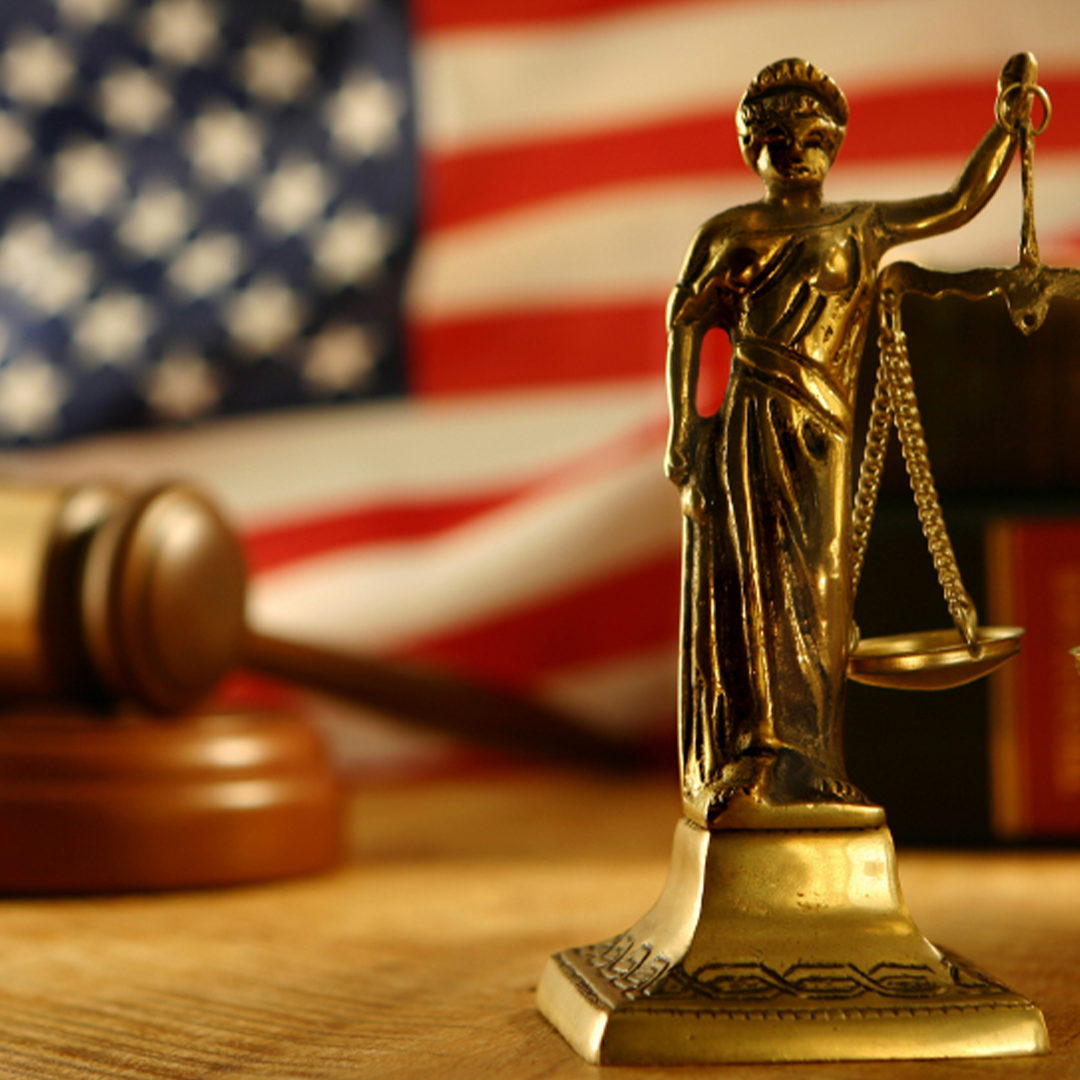Legal Malpractice Litigation in New Jersey

When an attorney’s mistake causes financial harm, the path to recovery is anything but straightforward. Recent appellate decisions in New Jersey have reshaped how courts view expert reports, procedural defenses, and the duties attorneys owe to clients and non-clients.
Here is an overview of four recent legal malpractice rulings that could significantly influence new claims moving forward.
1. Expert Opinion and Preclusion in Matrimonial Malpractice Cases
In Pennetti v. Zeigler (App. Div. May 15, 2025), the trial court struck the plaintiff’s expert report as a “net opinion” and dismissed the malpractice claim based on collateral estoppel, since a family court had already ruled on the alimony issues. The Appellate Division affirmed, emphasizing that both expert methodology and prior judicial decisions can bar a malpractice suit from proceeding.
Takeaway: Plaintiffs must secure qualified experts who provide detailed reasoning for each alleged breach and confirm that no earlier ruling has already resolved the contested issues.
2. Reversals Based on Competent Expert Testimony
In Kashiwakura v. The Beasley Firm (App. Div. Jan. 30, 2025), the Appellate Division reinstated a legal malpractice claim after the trial court had dismissed it. The plaintiff’s expert had sufficiently explained the attorney’s error in missing a medical malpractice filing deadline and laid out the "suit-within-a-suit" damages theory.
Takeaway: A well-crafted expert report addressing the applicable standard of care, proximate cause, and resulting damages can revive a dismissed malpractice claim
3. Entire Controversy Doctrine and Transactional Malpractice
Oggi E. Domani WNY, LLC v. Mazawey (App. Div. Nov. 4, 2024) clarified how the entire controversy doctrine applies to legal malpractice claims. The court allowed a new claim against a transactional attorney whose alleged negligence occurred before prior litigation, while dismissing claims related to conduct during that earlier lawsuit.
Takeaway: When alleged malpractice predates any existing lawsuit, a separate action may proceed—even if related issues were previously litigated.
4. No Duty to Opposing Parties in Litigation
In Mavroudis v. Vedder Price (App. Div. Sept. 6, 2024), debtor-plaintiffs sued the opposing party’s attorney for alleged misconduct in a collection case. The court ruled that lawyers generally owe no duty of care to opposing parties and that violating professional conduct rules alone does not establish civil liability.
Takeaway: Legal malpractice claims are typically limited to a lawyer’s own client. Exceptions for fraud are narrow and difficult to prove.
What These Rulings Mean for Plaintiffs
Bringing a legal malpractice claim requires more than dissatisfaction with a prior attorney. Plaintiffs must present strong expert support, navigate procedural bars like prior rulings or the entire controversy doctrine, and clearly define the harm caused by the attorney’s actions. Timing also matters—statutes of limitations and deadlines specific to malpractice claims can quickly end viable cases.
Why Choose Bruce Nimensky for Your Legal Malpractice Case
Bruce Nimensky has extensive experience handling complex malpractice actions across New Jersey. From missed court filings to failed commercial deals, he leverages a team of experts in valuation, ethics, and medicine to build a complete case. His strategic and measured approach helps preserve client credibility while seeking full recovery from negligent attorneys and their insurers.
If you believe your former lawyer’s mistake cost you a fair outcome, financial opportunity, or peace of mind, contact Bruce Nimensky for a confidential consultation.


